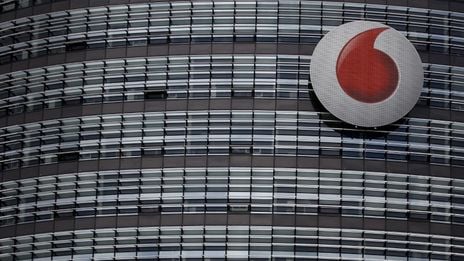LISBON, Sept 18 (Reuters) - Portugal's telecom watchdog said on Monday it is working with operators to implement a high-level resolution which effectively bars Huawei's equipment from the country's 5G mobile networks, despite legal objections from the Chinese company.
The CSSC council is the Portuguese prime minister's consultative body and its resolution, although it did not name Huawei, was seen as a blow to efforts by the Chinese group to enter standalone networks in Portugal's 5G market and extend contracts on 4G platforms on which the new technology is based.
Huawei filed a lawsuit with a Lisbon court against the resolution at the end of August, seeking "protection of its legitimate interests and legal rights under the law".
Portugal's main operators, Altice, NOS and Vodafone have already said they will not use Huawei equipment in 5G core networks, amid European and U.S. concerns that Chinese involvement in critical infrastructure could compromise security. Beijing and Huawei reject such suggestions.
ANACOM president Joao Cadete de Matos said that the telecoms watchdog, which is responsible for implementing the resolution, "will execute all decisions that are taken regarding security, not only within the national but also the European framework".
"It is work that is ongoing and we hope that it will be carried out successfully. We can assure the Portuguese that we are also working together with the operators", he added.
With reference to the Huawei lawsuit, Matos told a press conference that "it is necessary to wait for its development, but the most important thing is that ANACOM is working in an articulated, considered and rigorous way to fulfil what the country expects".
Portugal's secretary of state for digitalisation, Mario Campolargo, who chairs the CSSC, earlier told Reuters that the resolution reached in May was based on an independent, strict security assessment following European Union guidelines, and did not specifically target Chinese suppliers.
Matos said that there is "close cooperation" between the government and ANACOM. (Reporting by Sergio Goncalves; Editing by Alexander Smith)






